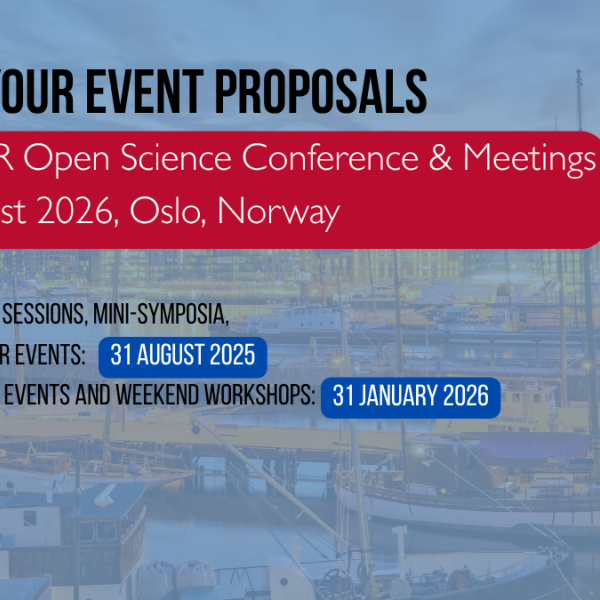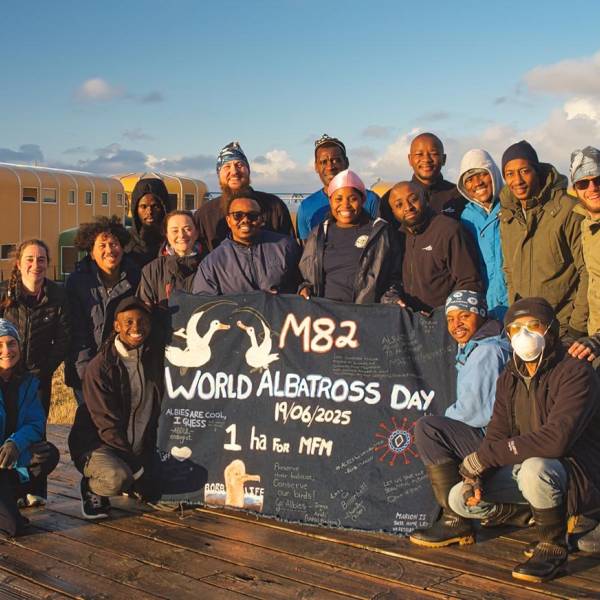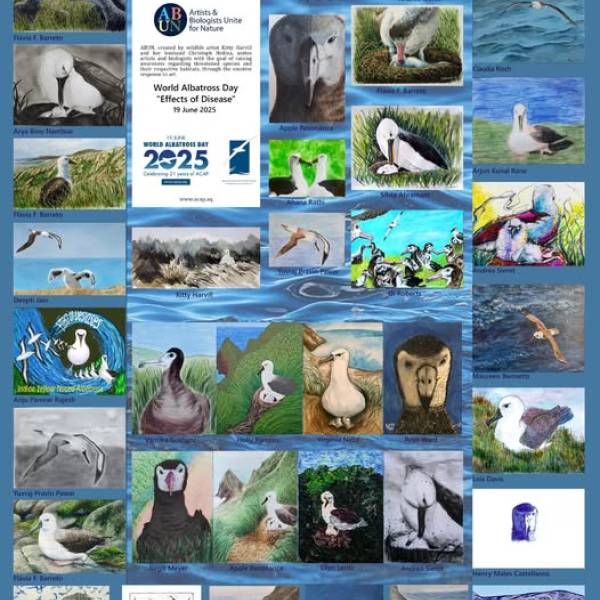The Ross Sea is regarded as one of the very few substantially unaltered large (650 000 km²) marine ecosystems left in the World. For some time suggestions have been made by scientists and advocacy groups (such as The Last Ocean Charitable Trust) for its improved protection. The Commission for the Conservation of Antarctic Marine Living Resources (CCAMLR), is set to consider the issue at its annual meeting in Hobart, Australia next month, following a proposal for a Marine Protected Area being led by New Zealand (which also has had fishing vessels for Antarctic Toothfish Dissostichus mawsoni in the area since 1996/97).
The Ross Sea supports several species of ACAP-listed species in their foraging ranges, notably the Black-browed Thalassarche melanophris and Light-mantled Sooty Phoebetria palpebrata Albatrosses and the Southern Giant Petrel Macronectes giganteus.
You can read more on this contentious proposal at http://www.stuff.co.nz/environment/5768227/NZ-to-veto-total-protection-of-Ross-Sea.
For a preservationist view recently expressed by a distinguished Antarctic and sub-Antarctic scientist go to http://www.sciencemediacentre.co.nz/2011/09/09/ross-sea-should-nz-seek-protection-for-the-last-ocean/. Also Click here for a paper entitled "The Ross Sea: a valuable reference area to assess the effects of climate change" submitted by the Antarctic and Southern Ocean Coalition (ASOC) to this year's Antarctic Treaty Consultative Meeting.

Selected publications on the avifauna and conservation of the Ross Sea:
Ainley, D.G. 2002. The Ross Sea: where all ecosystem processes still remain for study, but maybe not for long. Marine Ornithology 30: 55-62.
Ainley, D.G. 2010. A history of the exploitation of the Ross Sea, Antarctica. Polar Record 46: 233-243.
Ainley, D.G., O'Connor, E.F. & Boekelheide, R.J. 1984. The marine ecology of birds in the Ross Sea, Antarctica. Ornithological Monographs 32: 1-97.
John Cooper, ACAP Information Officer, 19 October 2011

 English
English  Français
Français  Español
Español 



